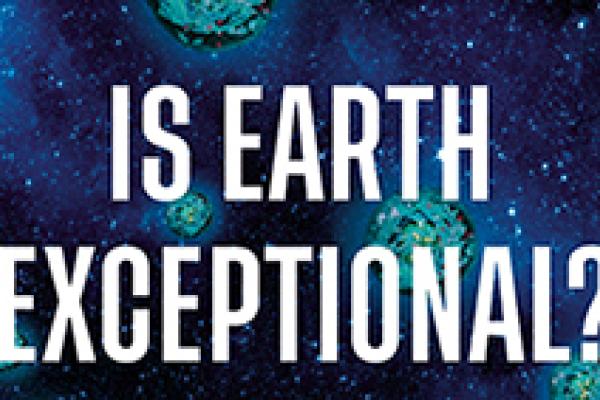Podcast


The origin of life: On Earth and elsewhere
How far away are we from discovering alien life? And how long until we manage to create life in the lab? This episodes of Maths on the move explores these questions and more with one of our favourite astrophysicists, Mario Livio.